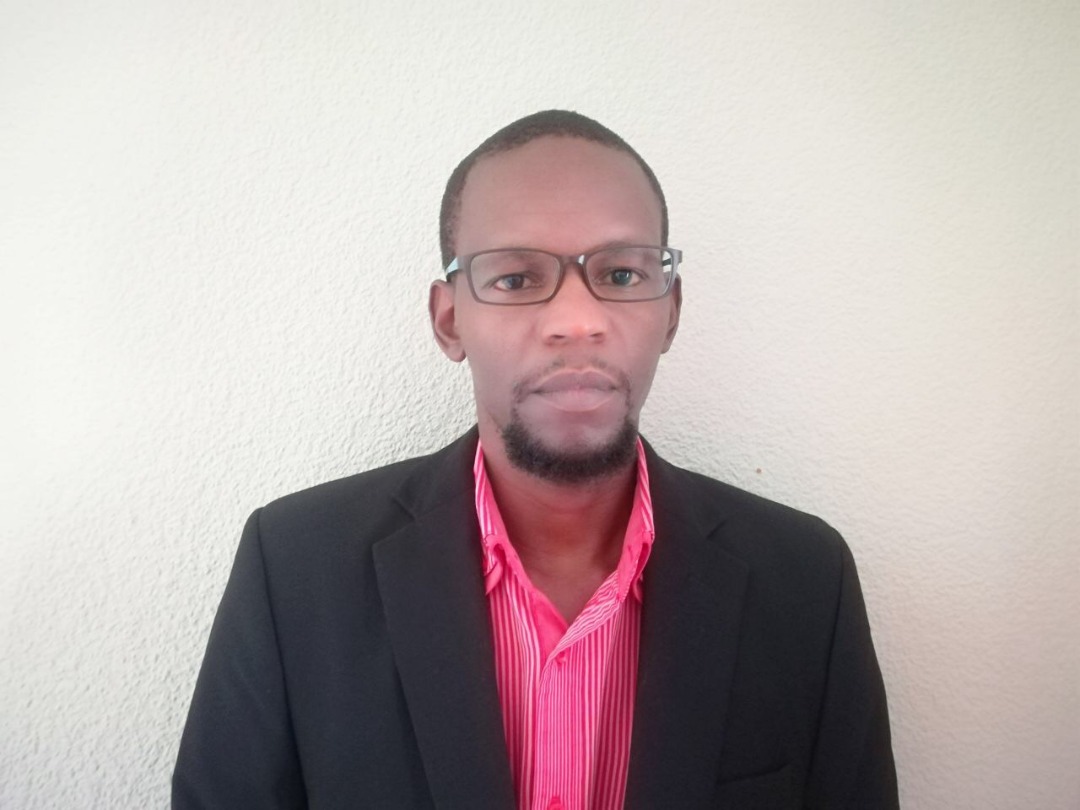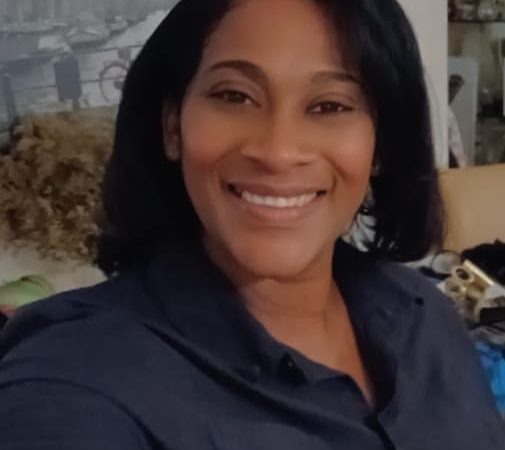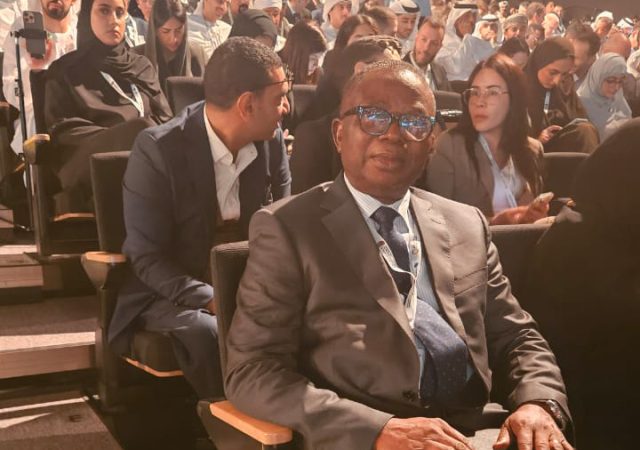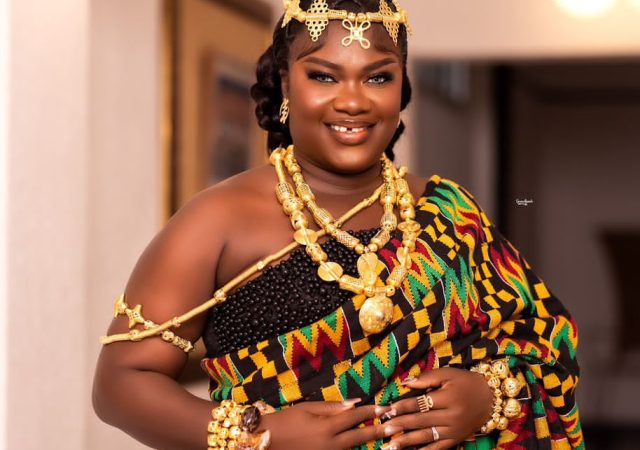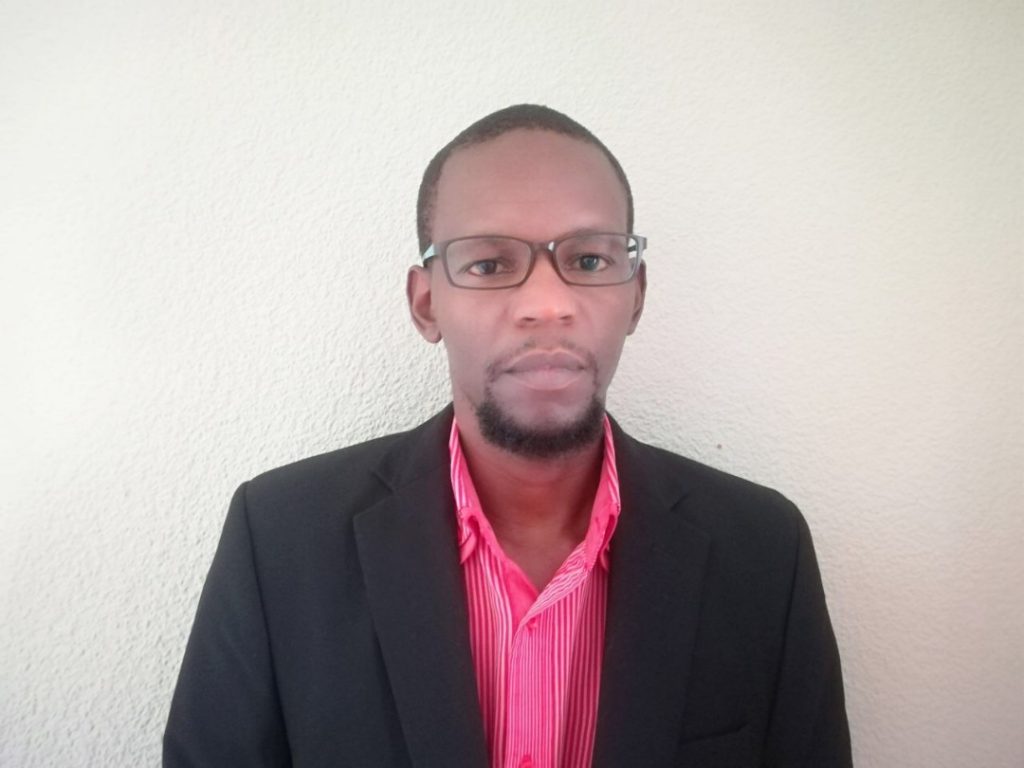
By Vusi Nyamazana
Restitution is a human rights issue, it’s a cultural identity issue, it’s an issue of spiritual integrity, it’s also an issue of economic development. Dr Louis-Georges Tin, posit that it’s a security issue, “If Africans do not do everything necessary to recover their most sacred heritage, the message sent to the West is terrible: it means that we accept to be plundered and robbed, not only of these cultural objects, but of all natural resources, mining and others. It means that we don’t care about our own sovereignty; it means that we are beaten and happy. It means that we invite the plunderers to quietly continue their evil work. Is this really the message we want to send to the rest of the world?”
On the 1st of November, 2021 we launched a non-partisan Campaign called #BringBackOurBones, where Zimbabwe’s direct and indirect descendants came together to demand a constellation of efforts from both the Queen of England and Zimbabwe’s Government to have the remains of the 1st Chimurenga heroes and heroines, including artefacts repatriated from Britain.
The Campaign was initiated by young Zimbabweans who are being visited by the spirits of the slain heroes, demanding action on getting their bones back, and according them required death rituals. Such visits especially in dreams have become more widespread, frequent and intense. Despite these spiritual push factors, the Campaign is a no-brainer considering that four generations have passed since these heroes and heroines were murdered, decapitated and their human remains exported to British Museums. It is a no-brainer considering that 41 years have passed post-independence without recovering the remains.
We submitted a petition to the British High Commission in Pretoria, on the 4th of November, 2021. The petition was directed to Queen Elizabeth II as the supreme head of all British governance institutions. The colonization and plunder of Zimbabwe happened through royal charters issued by Queen Victoria. Given this background, the spirits instructed us to direct our issue to the Queen who has powers to compel her subjects in UK Government or UK Museums to surrender our ancestral remains and artefacts. The Petition requested a response within 7 days and their failure to respond led us into engaging in a peaceful protest at their Pretoria High Commission on 26th November, 2021.
Our petition stated that during the 19th century our nation suffered gross human rights abuses under the hand of British colonialists. During that epoch our ancestors remained outside the protection of laws that Queen Victoria afforded to British South African Company. Human, legal and ethical norms were violated during the process of attacks on the Chiefs and their communities, during court trials, sentencing, decapitation and body parts exportations. Zimbabwe as a country is facing a human rights violation whereby bones of our ancestors were taken without our knowledge or consent and under situations of extreme duress and violence. These human rights violations remain today with the continued possession, display and study of, or profit from our ancestral remains.
As a nation we should explore what the recovery, reburial and honouring of the conflict-dead accomplishes politically, economically, socially, culturally and in terms of familial well-being.
Political: We argue that the Chimurenga struggle is not over, that the promised ‘real’ independence has not yet been achieved and we need the bones of our 1st Chimurenga fighters back home, to help fulfil the independence promise. Britain has not really decolonized Zimbabwe, unless it gives us what’s ours. The fact that human remains were taken without consent and are still being showcased, paints a light that can be seen as glorifying their colonial conquests. Repatriating the ancestral remains they robbed is part of a long process of restorative justice for Britain’s past wrongs.
Zimbabwe’s experience of protracted political struggles are intensified by spiritual dangers posed by the ancestors improperly buried bodies and disrupted mortuary rituals. The spiritual messages inspiring this Campaign delivered on the 25th of September 2020, said that unless and until these bones are recovered there will be protracted political struggles, disunity and bloodshed.
The conflict-dead purchased the nation with their blood and bones. They are martyrs and heroes who gave their lives for the nation and all they ask is a thank you through recovery of their bones and proper burials.
Economic: The restless, unburied dead remain dangerous to their descendants and to the nation. In the post-independence period, as the abundance that many had expected to come with nationhood has failed to materialize, these concerns have mounted. Some view the failure of the Zimbabwean government to secure the return of the bones as one of the main reasons why the nation has suffered so much instability and has failed to develop since gaining independence.
Social and Cultural: In post-independence Zimbabwe, ritual treatment of the dead is a cosmological as well as a social concern. There is a deepening sense of the negative presence of the conflict-dead who manifest their anger by afflicting the living with individual and collective misfortunes.
Zimbabwe is a contested terrain where people from different religions play out overlapping conceptions of the past and the future. Despite this, the issue of the conflict-dead like Mbuya Nehanda, Chief Chingaira etc. affects us all. Some Christians have dismissed our campaign as a pursuance of useless bones, but the bible offers an analogy. In Exodus 13:19 it is written ‘Moses took the bones of Joseph with him because Joseph had made the Israelites swear an oath’. The Makoni people history also shares the same analogy, where their Chief Gunguwo had instructed his family that should he die on the way from Tanganyika, the heir to the chieftainship should carry his remains always.
Britain’s continued holding of our ancestral remains amounts to depriving Zimbabwean people of the spiritual nourishment that is the foundation of their humanity, we now find ourselves struggling to recover the thread of an interrupted collective memory, to celebrate our rich histories and identities, and be able to pass this on to future generations.
Jomo Kenyatta said “Communion with the spirits is perpetuated through contact with the soil in which the ancestors of the tribe lie buried.” Unfortunately, our ancestor’s heads do not lie under the belly of our soil but in UK Museums. We have lost the point of connection or communion with the spirits.
The Mbuya Nehanda statue unveiled in 2021 is an attempt to memorialise her heroic sacrifices. It allows abstract concepts such as patriotism, heroism or martyrdom to be rendered tangible. However, the actual return of her skull will accord her status its proper significance.
Familial well-being: While the dead might be thought to have lost their power in many parts of the secular modern world, they remain potent actors in Zimbabwe’s society which is grappling with the legacies of colonial rule.
The dead possess powers that can be benevolent and protective, as well as malevolent. In cases where families have failed to meet their obligations, the dead can unleash misfortunes such as illness, famine and death. A key aspect of our culture is to separate the living from the dead. These rituals seek to keep the worlds of the living and the dead apart by facilitating the safe passage of the dead to the ancestral domain and ensuring that they do not return to the domain of the living – or, if they do, that they do not come in a malevolent capacity.
We perceive the need to repossess those human remains as particularly urgent in cases of our ancestors ‘red deaths’, that occurred violently, unnaturally, unexpectedly, and suddenly. Red death is said to cause the blood to become dirty, polluting future generations and affecting the relatives both of those who have died and those responsible for the death. The circumstances in which our ancestors died did not permit the performance of the required death rituals. This situation of abandoned and desecrated human remains is unbearable to the living, and is an affront to the moral order.
Mbuya Nehanda Charwe before execution demanded that her body be taken to Mazowe and be buried among her people, but this did not happen. Chief Chingaira made a similar call before execution, and instructed his aides that they must ensure he was buried according to the customs of the Makoni people, and that the curse of the gods will fall upon his descendants if they did not see to it that he is given a proper burial.
Mortuary ceremonies are needed to provide people with the opportunity to deal with problems from the past, since they serve to redress imbalances and pollutions caused by these violent murders. Ultimately, these secondary burials are for the benefit and the peace of the living, helping to ensure the continuation of meaningful and prosperous relationships.
Until the skulls of all conflict-dead have been recovered it will not be possible to move ahead as a nation. The spectres of the dead roam around their untreated remains demanding proper funerary rites. Once the heroes and heroines are buried on our soil, they will be among their own people, their spirits will be with the bones, and they will be set at rest, and free to transcend into the ancestral realm.
Vusi Nyamazana is the Co-Convener of #BringBackOurBones Campaign
Twitter: BBOB_Zimbabwe




